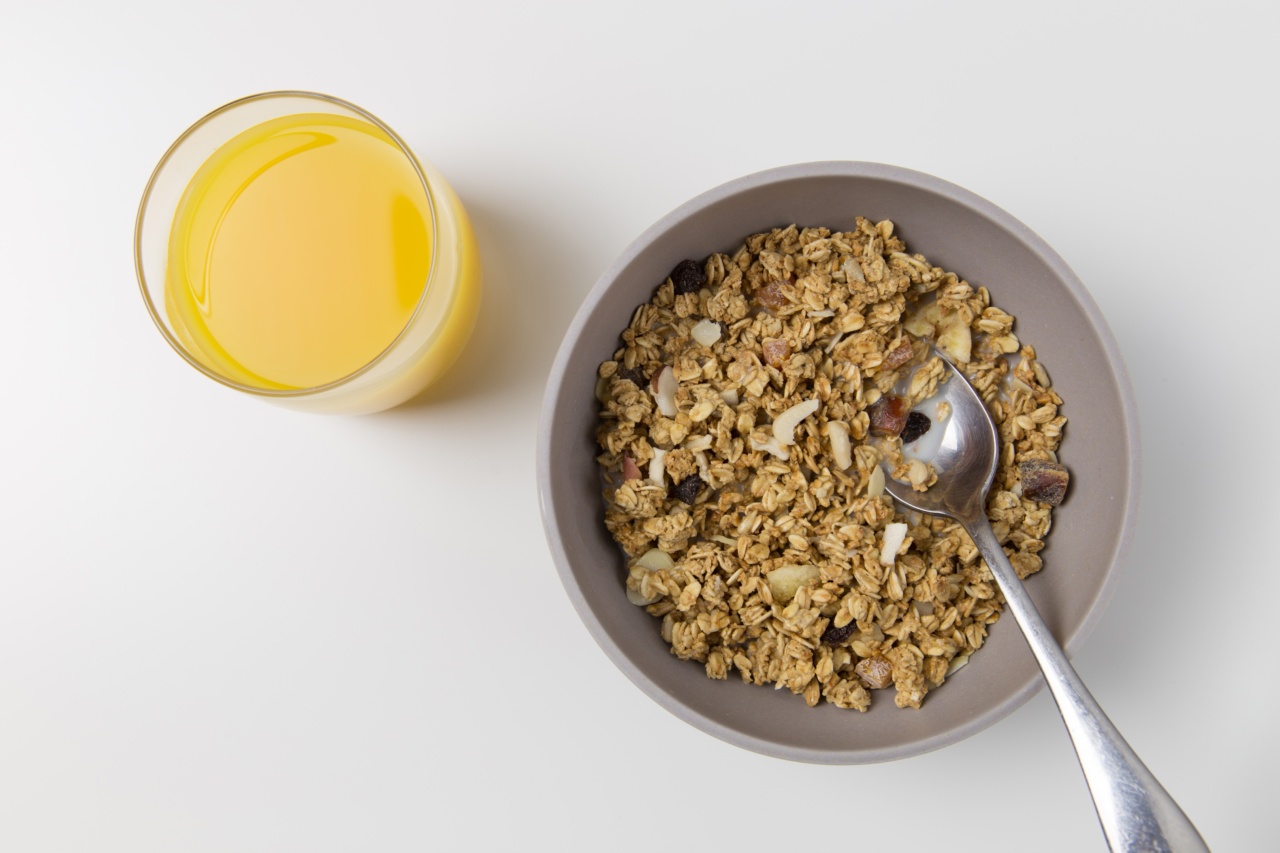Fiber is a crucial nutrient that plays a vital role in maintaining your overall health. It is a type of carbohydrate that passes through your digestive system mostly undigested.
Unlike other carbohydrates, it doesn’t break down into sugar molecules, but instead, it adds bulk to your stool and aids in its smooth passage. However, most people don’t consume enough fiber, which can lead to several health problems. Here are three indications that you need more fiber in your diet.
1. Constipation
Constipation is one of the most common signs that you’re not getting enough fiber in your diet. It means that you’re having difficulty passing stool, and your bowel movements are less frequent than usual.
The reason behind constipation is simple: when there isn’t enough fiber in your diet, your stool becomes hard and dry, making it difficult to pass through your intestines.
If you’re experiencing constipation, the best thing you can do is to increase your fiber intake. Fiber adds bulk to your stool, making it easier to pass through your digestive system.
It also helps to soften your stool, ensuring easy bowel movements.
To avoid constipation, aim to consume at least 25 grams of fiber per day for women and 38 grams for men. Some high-fiber foods are whole grains, fruits and vegetables, beans, and legumes. If necessary, you can also consider taking fiber supplements.
2. High Cholesterol Levels
If you have high cholesterol levels, increasing your fiber intake can help lower it. Fiber binds with cholesterol and cholesterol-containing bile acids in your digestive system, preventing them from being absorbed into your bloodstream.
This, in turn, helps to lower your blood cholesterol levels and reduces your risk of developing heart disease.
When trying to lower your cholesterol levels, it’s recommended that you consume at least 30 grams of fiber per day. Some high-fiber foods that can help lower cholesterol levels include oatmeal, beans, lentils, apples, and pears.
It’s essential to note that the fiber in supplements may not have the same cholesterol-lowering benefits as fiber-rich foods.
3. Blood Sugar Imbalances
Fiber plays a crucial role in regulating your blood sugar levels. When you eat high-fiber foods, they slow down your digestion process and the absorption of sugar into your bloodstream.
This prevents blood sugar spikes and helps to control insulin levels, reducing your risk of type 2 diabetes.
Several studies have shown that consuming a high-fiber diet can lower your risk of developing type 2 diabetes.
According to the American Diabetes Association, women should consume at least 25 grams of fiber per day, while men should consume at least 38 grams per day.
Some high-fiber foods that can help regulate your blood sugar levels include beans, whole grains, fruits, and vegetables. It’s essential to choose foods that are high in fiber and low in sugar and simple carbohydrates.
Conclusion
Fiber is an essential nutrient that cannot be ignored for your overall health. It plays a crucial role in maintaining healthy digestion, regulating blood sugar levels, and reducing the risk of heart disease.
If you’re experiencing constipation, high cholesterol levels, or blood sugar imbalances, increasing your fiber intake may be the solution you need. Incorporate high-fiber foods into your diet or consider adding fiber supplements to your routine to add more fiber to your diet.



























